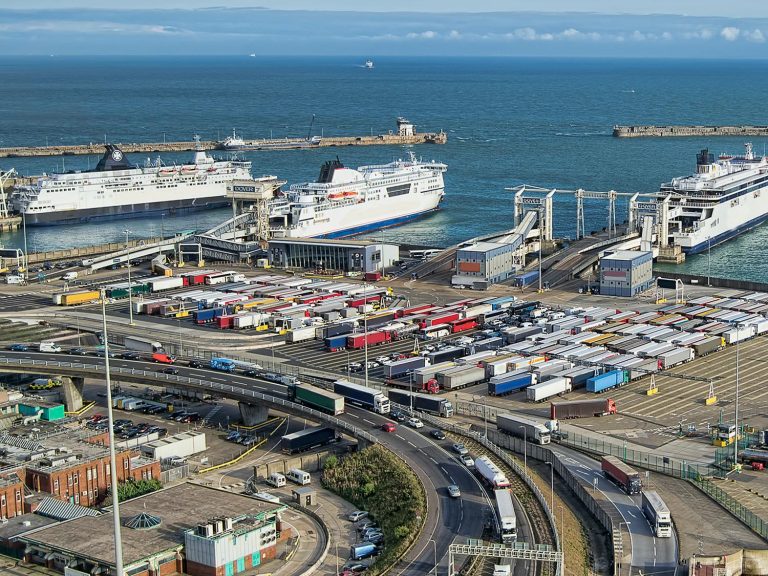
Date:
Government support vital UK ferry routes
The governments decision to inject £35 million, to keep vital freight routes moving and maintain capacity through the COVID19 disruption, is welcome now and for 2021.
The government’s cash injection will keep vital freight ferry and rail routes into and out of the UK running smoothly and ensure there is limited disruption to the flow of critical goods due to a lack of capacity.
The actual amounts paid to each operator – P&O Ferries, Eurotunnel, DFDS, Seatruck, Brittany Ferries and Stena Line – will depend on the actual amount of capacity required and sold in each week.
The announcement follows a deal agreed between the UK, Ireland and France in April to keep key freight routes open between Europe and the UK, to protect freight traffic including supplies of essential goods such as food and medicines.
Metro support a wide variety of inbound and outbound ferry routes and short sea container operations, according to cargo type, geography, transit and cost considerations, which is why we see value in the government’s objective of protecting the flow of goods on 16 priority ferry routes.
Grant Lidddell, Business Development Director. “We understand the government’s decision to support these routes, particularly the smaller ones. Metro will always try to use the most geographically relevant port pairs, to mitigate environmental impact and support niche operators whenever possible, delivering a cost effective solution.”
“With the UK edging towards a no-deal Brexit and the inevitable channel port congestion, these less popular crossing will prove to be the most effective choice.”
The priority routes
- Cairnryan-Larne
- Cairnryan-Belfast
- Dover-Calais
- Dover-Dunkerque
- Europoort, Hull-Rotterdam
- Europoort, Hull-Zeebrugge
- Folkestone-Coquelles
- Heysham-Warrenpoint
- Harwich-Hoek van Holland
- Harwich-Rotterdam
- Portsmouth-Cherbourg
- Portsmouth-Santander
- Poole-Bilbao
- Rotterdam-Killingholme
- Teesport-Rotterdam
- Tilbury-Zeebrugge
